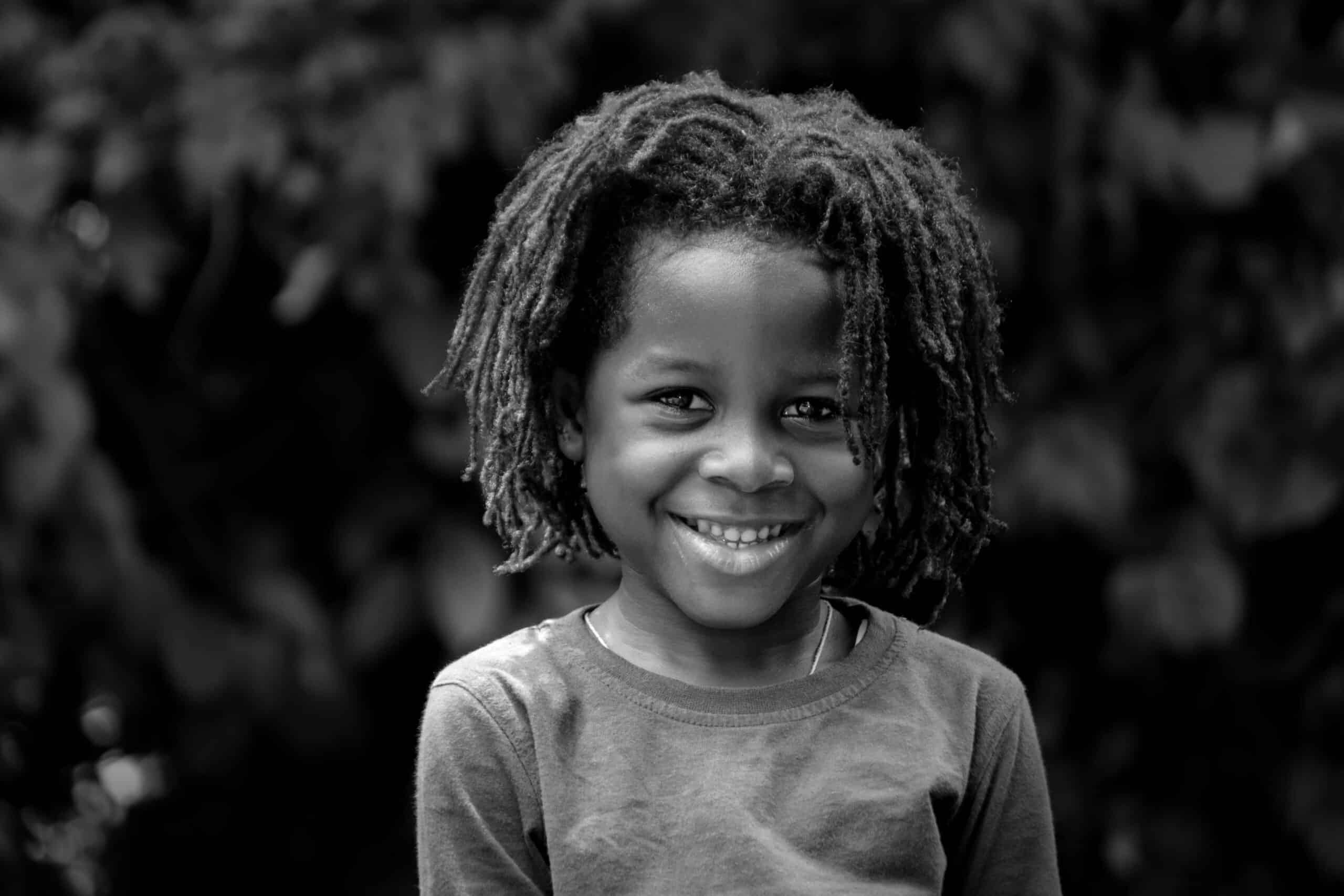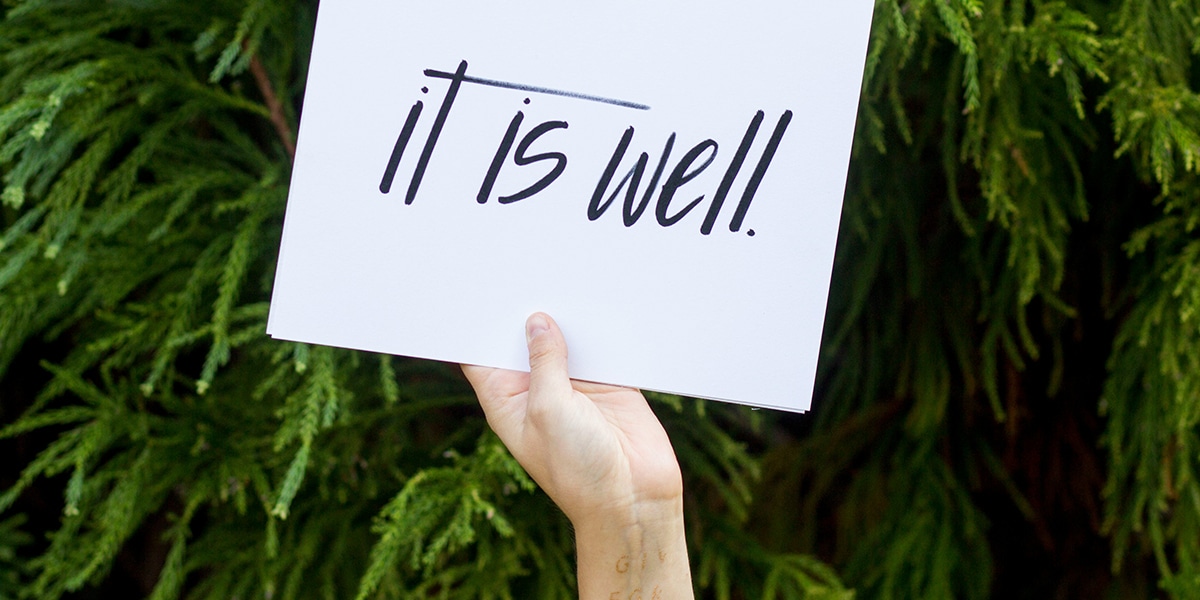NOTHING MAKES YOU MORE AWARE of your own social privilege than being a White woman raising a Black teenage son. As such, I’ve learned a thing or two about the way the world works. It’s a high-stakes game; one with potentially life or death consequences. And I’m trying to learn the rules of the game before it’s too late for my son.
The responsibility of parenting doesn’t end within the home; a big part of our job is to teach our children how to live in a community. Every time we step out the front door with our children, we’re teaching them how to have relationships, navigate public interactions, and be a contributing member of society. The tired old adage of “Do what I say, not as I do” holds no weight. They are watching and will mimic what they see. Observational learning, research shows, is the primary means by which children take in and internalize information.
Knowing this as I do, with a degree in child development, I tend to be very aware of the eyes of my five children when I am faced with a social predicament. And one truth has become obvious: the eyes of my Black child are a different lens than the eyes of my White ones. That reality has been one of the most sobering influences on my parenting choices to date.
When my Black son is with me, I must respond to the world in a way that is safe for him to mimic when he isn’t with me–not necessarily in the way that I’ve learned is acceptable for me as a White woman.
When people make racist remarks, whether intentionally or not, I can’t snap a correction at them. When I get pulled over for speeding, I can’t casually gesture my hands around while chatting with the police officer. When I need to file a complaint in a store or restaurant or even a church, I can’t raise my voice or appear to be upset.
Oh, I know I can do all of these things. I have a lifetime of experience proving to me that society will graciously accept these things from me as a White woman. But stop and ask yourself: If a Black man did those same behaviors, would it be received differently by the general public? I think we all know the answer to that.
If part of my job as a parent is to model appropriate behavior for my children, then raising a child of color means I have to calculate what constitutes appropriate public behavior for him, not for me. And that is where the reality of my White privilege and the risk that is his Blackness become undeniable: It’s lived, it’s real, and it’s ever present.
Faith and Family appears monthly in St. Anthony Messenger. Click here to learn more!









1 thought on “A High-Stakes Game”
The truth is that you’re a woman and he is a male. What you say would be interesting if you were a white male raising a young black male.
I have a neighbor whose son, Dan, married a black woman who already had two black daughters from a previous marriage. Dan then had a daughter with his black wife. Since he’s a man and not a woman, I guess it will be problematic for him in raising his daughter now that he’s divorced. The other two daughters are staying with their mother. Dan’s parents don’t like his former wife. Dan’s parents are the nicest of people, so when their former daughter-in-law out of the blue accused them of racism, that must have been really jarring. Now that I think about it, it is really laughable. What a mess.
Comments are closed.